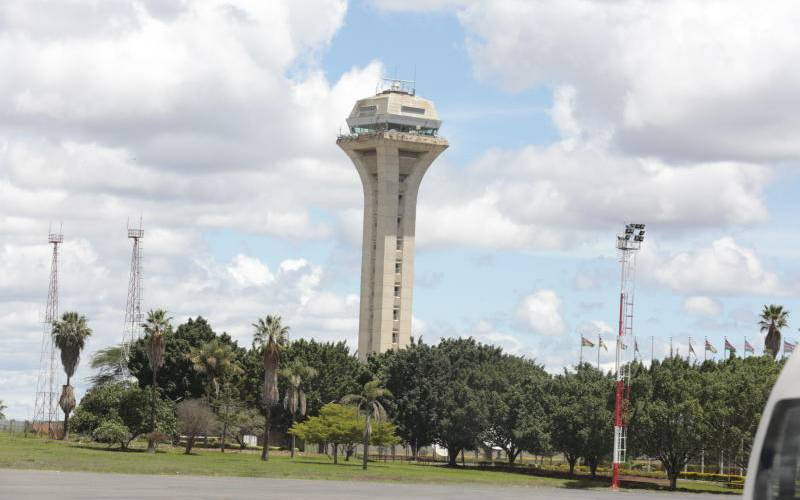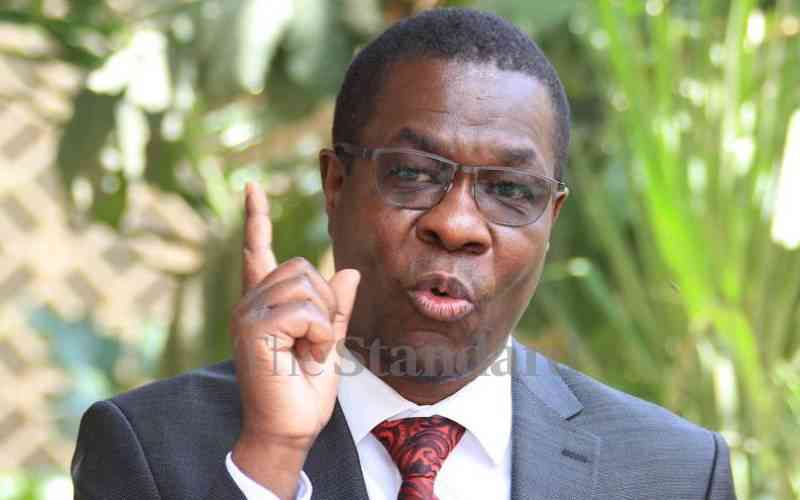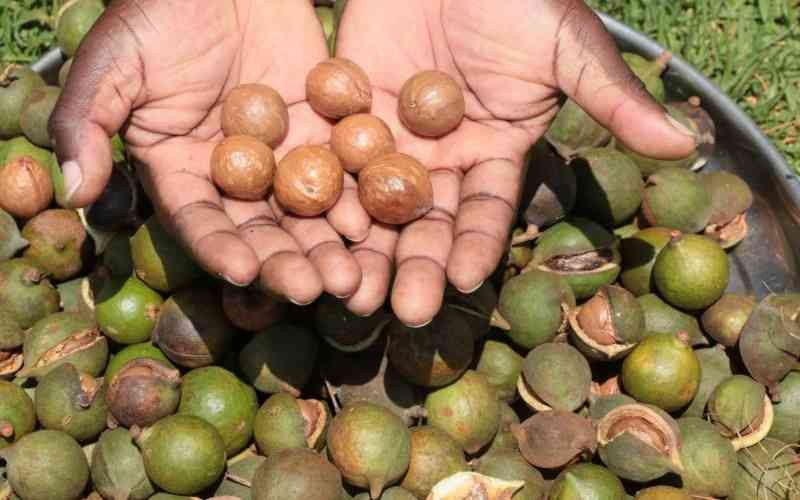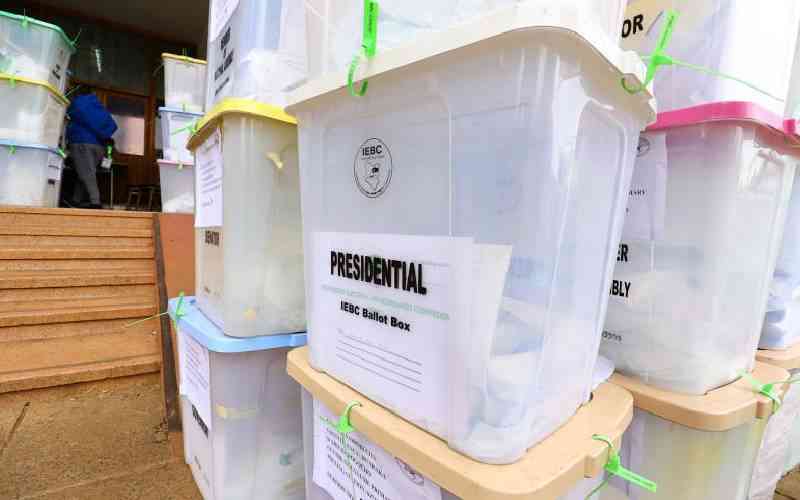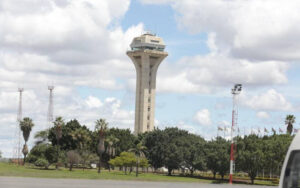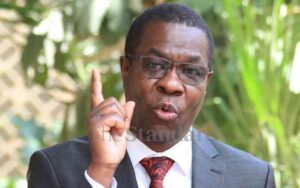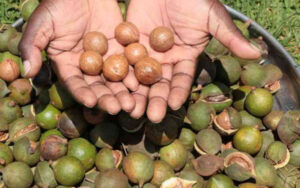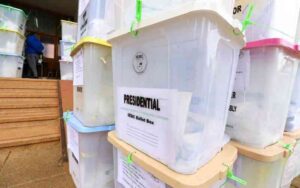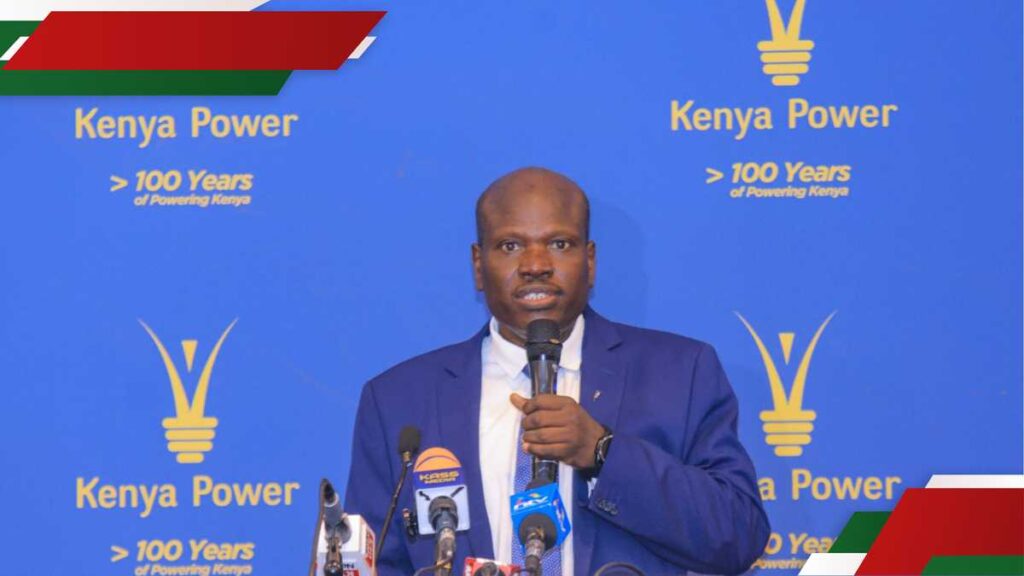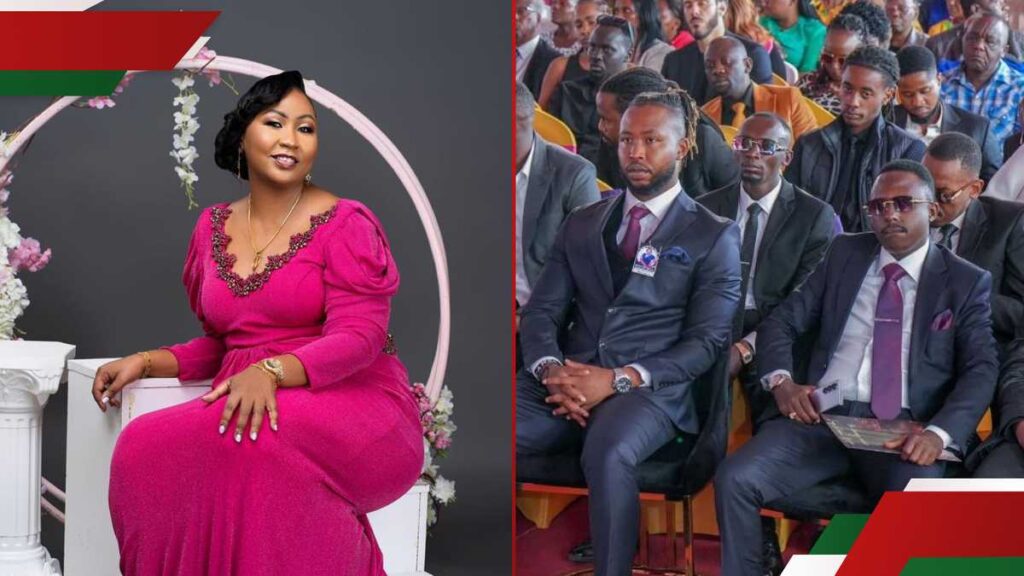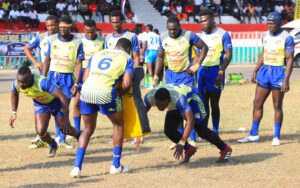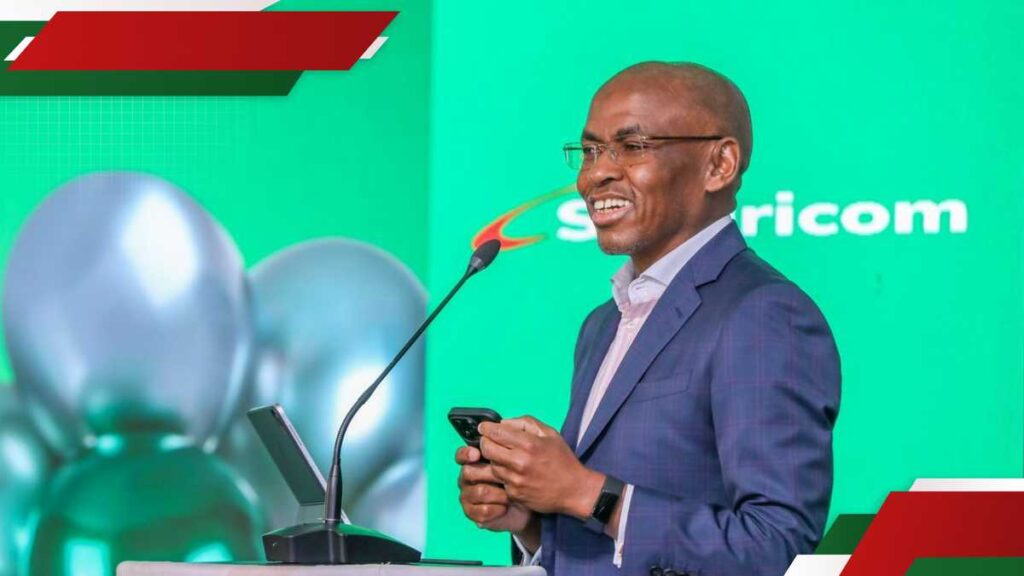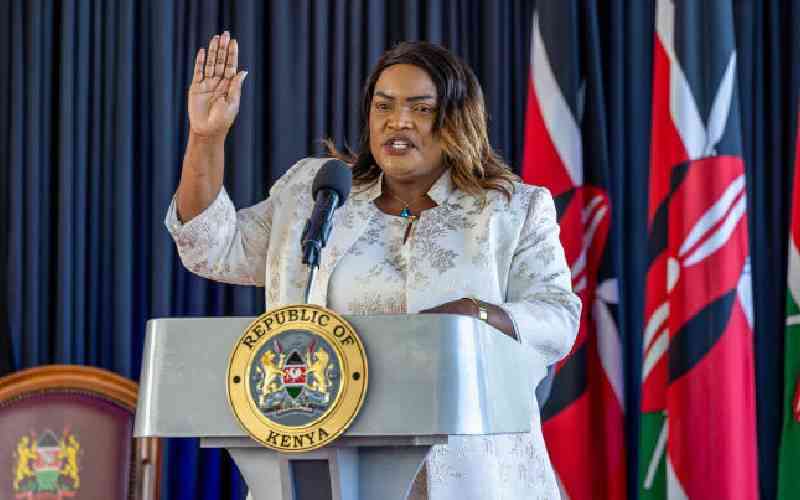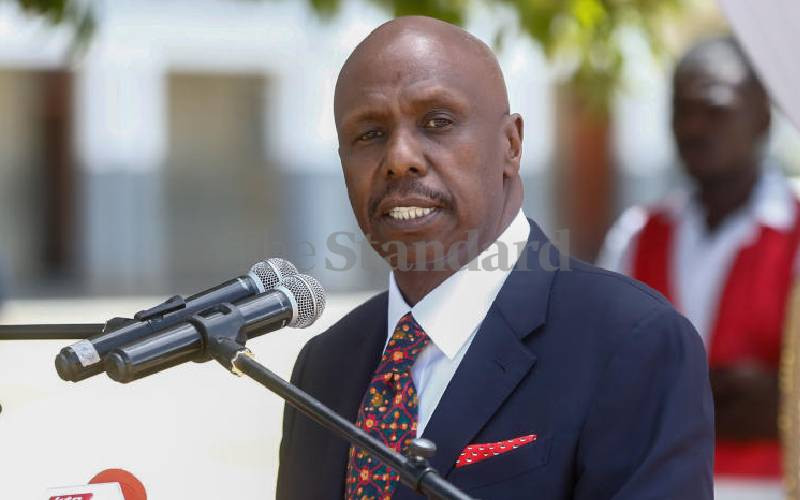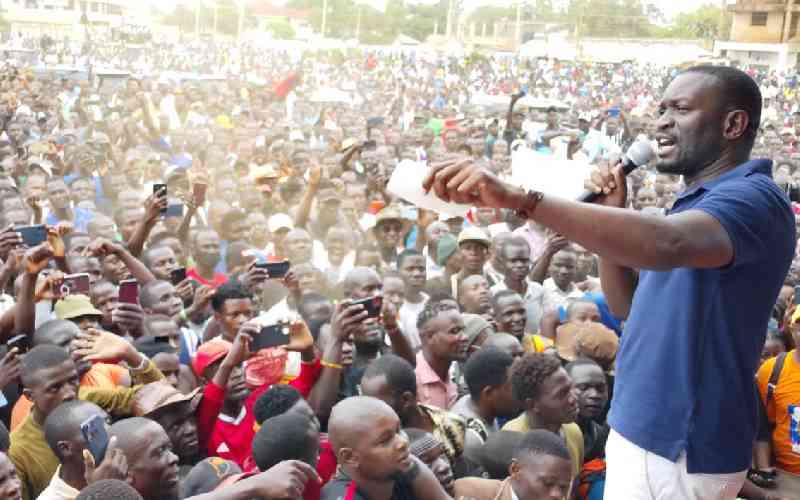There was pain, joy at the Nakuru Law Courts after the High Court acquitted Godfrey Kangogo who was on trial for the murder of Irene Jechumba, a former lecturer at the Rift Valley Institute of Science of Technology.
While Jechumba’s family were left in sorrow and anguish, Kangogo’s relatives cried of joy as their kin was set free.
Judge Patricia Gichohi delivered the judgment on his behalf Justice Joel Ngugi after six years of murder trial where Kangogo was alleged to have killed Jepchumba, his girlfriend on July 6, 2018 after he allegedly poisoned, strangled and pushed her into Chokaa falls along Molo River.
After the judgement yesterday, Jepchumba’s father Richard Boit insisted that his daughter was murdered and expressed his dissatisfaction at the delay in delivering of the judgement.
“We will push for an appeal so that we can get justice for our daughter. We are dissatisfied,” said Boit.
He added that claims that Kangogo and Jepchumba were lovers are untrue as he was not aware of the same.
On his part, Kangogo was overwhelmed with joy, and broke down, he could not even speak to the media, leaving his lawyer David Mongeri to address journalist.
“We are very empathetic with the family but it is clear that my client is innocent. He is now free to do his things,” said Mongeri.
Ngugi in his judgement ruled that the prosecution failed to prove beyond reasonable doubt that Kangogo murdered Jepchumba.
He said no one witnessed Kangogo poison Jepchumba, strangle her and push her into the falls and circumstantial evidence provided was weak.
“Malice aforethought was not proven; alleged threatening messages sent by the accused person (Kangogo) to the deceased (Jepchumba) turned out to be romantic texts,” ruled Ngugi.
Ngugi ruled that the texts with Kangogo’s alleged threat ‘You will pay for your sins’, provided by the prosecution, were monologue in nature and did not contain Jepchumba’s response.
“The messages were ambiguous in nature and appeared to have been altered because the full conversation provided for by the defense cast doubt on the threats messages and depicted a romantic conversation. It indicated the two were in love,” Ngugi ruled.
Stay informed. Subscribe to our newsletter
The judge insisted that circumstantial evidence was supposed to have a strong and complete chain to make the court conclude that it was only Kangogo and no other person who killed Jepchumba.
However, Ngugi said that the prosecution failed to prove that Kangogo poisoned Jepchumba using a strong pesticide. He ruled that there was no evidence linking him to the poison.
“The court cannot presume that he poisoned her. The evidence was an important part of the case but it was left hanging, which significantly weakened the prosecution’s case,” ruled Ngugi.
Ngugi said that evidence of motive also faltered as the claims that Kangogo had pretended to show affection to Jepchumba in an orchestrated plan to end her life were unproven.
Ngugi, in fact insisted that the opposite was proven as strangers who met the couple near the falls said they were affectionate, holding hands, kissing, happy and taking alcohol together.
Further, the court noted that evidence from five prosecution witnesses, proved that Kangogo was disturbed and in distress when he realized Jepchumba had drowned.
“Testimony showed that the deceased was happy to be in the company of the accused person. No evidence was contrary, two other witnesses admitted that the couple had lunch together,” Ngugi pointed out.
The judge cast doubt on an autopsy report which claimed that Jepchumba died of trauma from strangulation.
Ngugi noted that only one of three pathologists who conducted the autopsy signed the joint report. He also noted that the pathologist admitted that he received Sh15,000 from the family as a facilitation fee.
“The level of involvement of the deceased’s family to the point of sending another pathologist raised concerns on the independence of the three pathologists,” ruled Ngugi
Further, Ngugi noted that the pathologist also admitted that the trauma can be caused by objects in the river where Jepchumba fell and ruled that the report was insufficient to prove murder.
“Too many questions were left unanswered and where there is doubt, the accused, who is presumed innocent, is given advantage,” said Ngugi.
“I find him not guilty of murder and I acquit him. He is set at liberty unless otherwise lawfully held,” he ruled.


